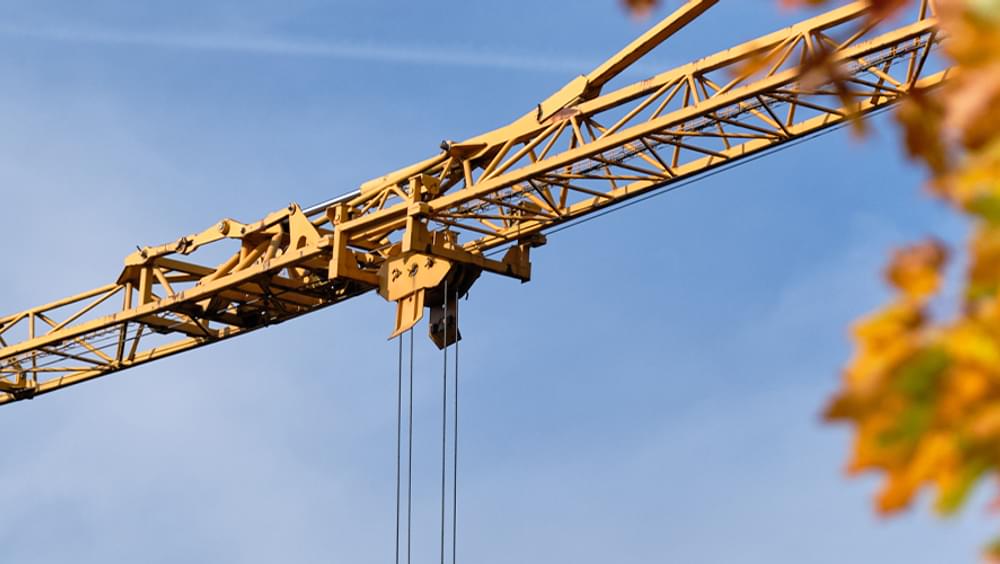Jeremy Hunt went on a spending spree in what will likely be his penultimate Budget Statement before the next General Election. But will the Christmas presents he has brought provide the boost the UK needs? His ‘Statement for Growth’ offers the following to the Construction and Property sector as well as the wider economy:
FULL EXPENSING
The significant investment incentive of Full Expensing was originally introduced from 1st April 2023 and was due to last until 31st March 2026. The measure provides first year tax relief in the form of:
- 100% first year allowance for Main Rate plant & machinery
- 50% first year allowance for Special Rate plant & machinery
Today’s announcement now makes Full Expensing a permanent fixture in capital allowances legislation, with no end date.
It still seems, however, that it will only apply to UK Corporation tax payers with no indication that it will be extended to unincorporated business.
It also continues to exclude leased assets (except for background plant and machinery in buildings), albeit this is the subject of a separate consultation, which may see some future changes in this area.
In a property context, a UK company building, refurbishing or fitting out a building can realise a significant first year tax saving. Simply put, £10m could generate:
- £2,500,000 tax saved in year 1 - for main rate plant & machinery
- £1,250,000 tax saved in year 1 - for special rate plant & machinery (with the balance following in future years)
Making this measure permanent will hopefully provide businesses with the certainty they crave in order to invest for the future and these upfront tax reliefs are even more important in a higher interest environment.
If the hype is to be believed, this will give the UK one of the most competitive capital allowances regimes in the world, alongside the US, Canada and perhaps more surprisingly Latvia.
Finally, the move to Full Expensing is being seen as a doorway to the future simplification of capital allowances. Although this nugget comes around every couple of years, maybe this time we will see if it gets some traction.
INVESTMENT ZONES AND FREEPORTS
Following the launch of refocussed Investment Zones in Spring Budget 2023, the Chancellor has announced that the duration of the Zones, and tax reliefs available in Freeports, will now be extended from 5 years to 10 years and additional Zones will also be created in Greater Manchester, the East Midlands and West Midlands.
The benefits provided in the Zones and Freeports include:
- SDLT relief
- Business Rate Relief
- Enhanced Capital Allowances – 100% first year allowance on plant & machinery
- Enhanced Structures and Buildings Allowance – 10% p.a. instead of the standard 3% p.a.
- Employer NI Contribution Relief
Whilst the above reliefs are welcome, for those investing in construction in these areas the additional benefits are now more marginal given the introduction of permanent full expensing and the £1m Annual Investment Allowance which are available nationwide.
LANDFILL TAX
This tax was introduced on 1st October 1996 to encourage waste producers and the waste management industry to switch to more sustainable alternatives for disposing of material. It has generally risen annually in line with the RPI and from 1st April 2024 will be:
- Standard Rate : £103.70/tonne
- Lower Rate : £3.30/tonne
AGGREGATES LEVY
The rate of this levy has been frozen at £2.00/tonne since 2009, however as announced in the Spring Budget 2023, the rate will increase from 1st April 2024 to £2.03/tonne.
ENERGY SAVING MATERIALS
There is currently VAT relief at the zero-rate for the installation of certain specified energy-saving materials such as controls for central heating and hot water systems, draught stripping, insulation, solar panels, ground source heat pumps, air source heat pumps, micro combined heat and power units, wood-fuelled boilers, wind turbines and water turbines, within residential accommodation.
The Autumn Statement included measures that will extend this VAT relief from 1st February 2024 until 1st April 2027 to buildings used solely for a relevant charitable purpose. After which it will revert to the reduced rate (currently 5%).
However, it is important to note that this VAT relief is only available where the installation of the energy-saving materials is a specific project and not part of a general refurbishment project.
CONSTRUCTION INDUSTRY SCHEME (CIS)
In a measure aimed at strengthening the test for those contractors looking for Gross Payment Status, VAT has been added to the list of taxes which must be compliant before being granted. This empowers HMRC to revoke Gross Payment Status in cases of fraud or non-compliance, extending their regulatory reach.







